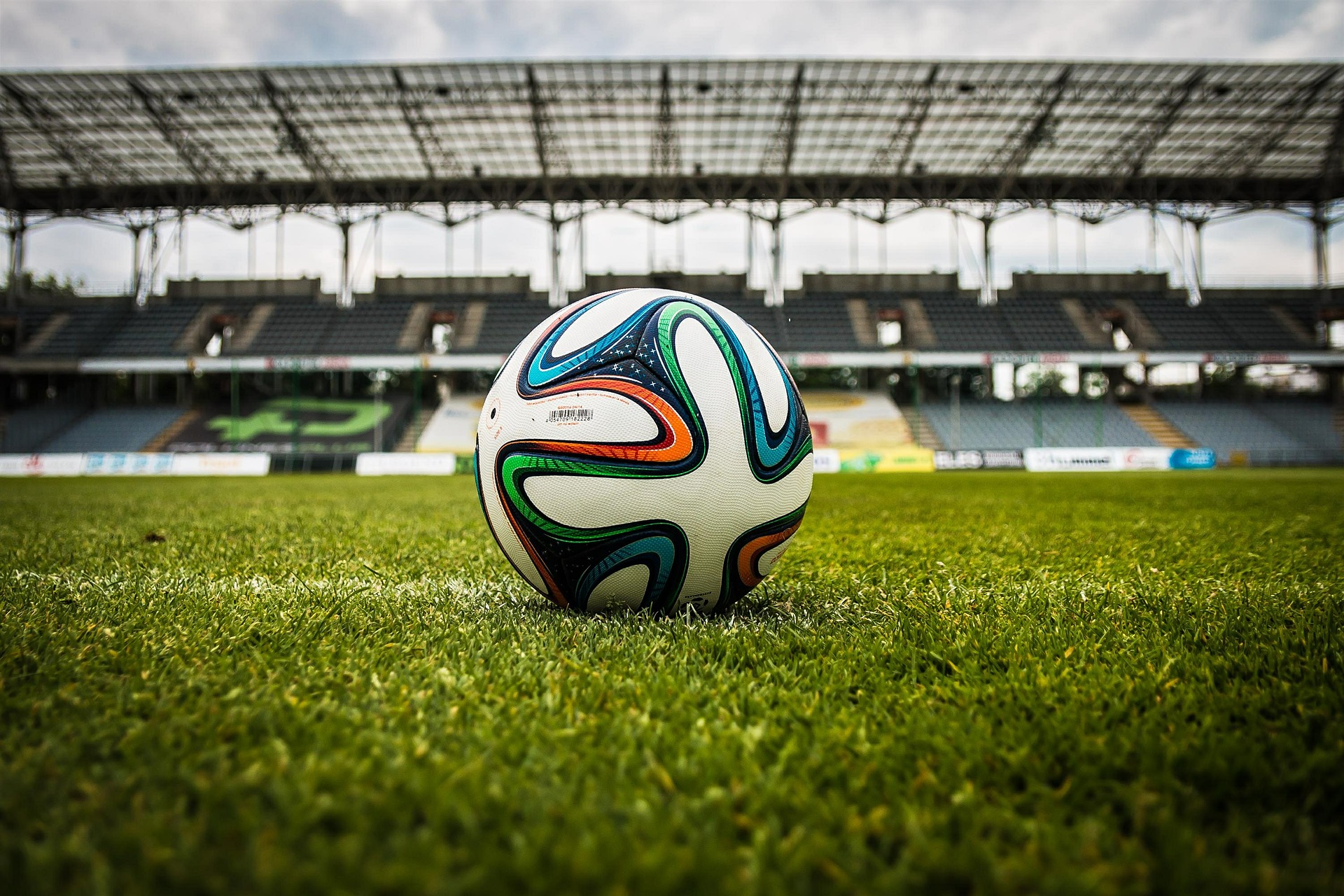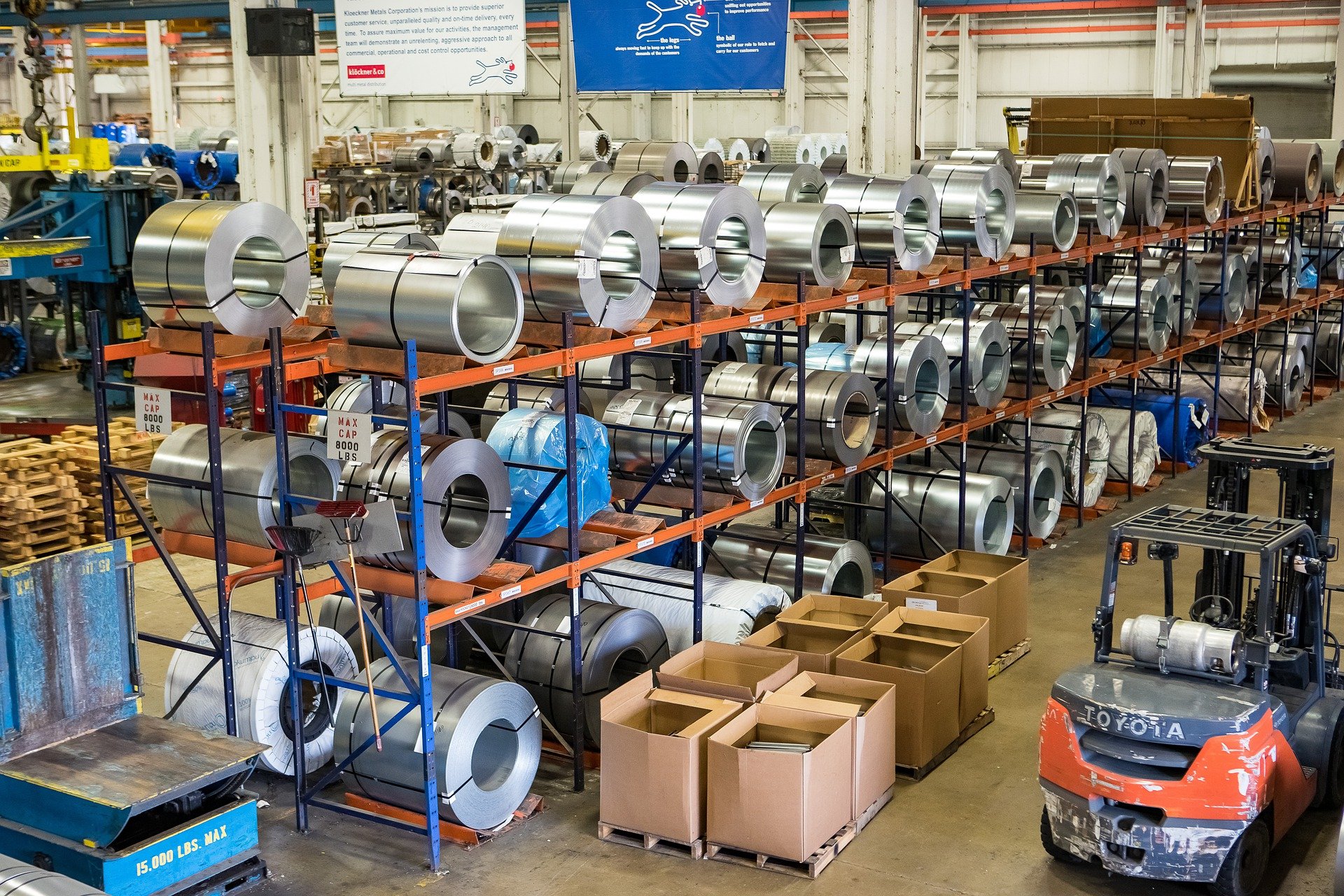The world has come a long way since the time we used to watch sports in ordinary sports grounds and tournaments were more about just the sport and minimal about technology. However, the way technology has trickled down to the deepest details of sports today leaves no room for doubt that Artificial Intelligence will transform the way we know sports today. Not only are we going to witness a revolution in the way sports are being played, but also the way things happen before the game and after the game.
AI-led coaching
Today, a lot of coaching for sports happens under direct supervision of a human trainer. A former sportsperson observes, analyzes and concludes from a sportsperson’s performance what and how to improve for a better result in the next game. However, humans being humans, may end up missing some vital points during the observation. The human coach may not even be able to draw a perfect trend analysis of the previous performances of so many players.
Enters AI-augmented coaching. A whole assortment of wearable sensors all around the body will keep on recording, analyzing and interpreting the vital parameters of player’s health and performance. The algorithms aided by the data extracted from the entire 3D mesh of sensors will provide a real-time analysis of the strengths and weaknesses of the players. This will help generate a AI-led Performance Improvement Program that will factor in all the essential parameters, which a human coach may tend to oversee. And don’t think for a moment that this is all hypothetical. Alibaba and Intel have already started to develop a AI-based tracking technology for athletes to help them be at their best for Olympics 2020. Even PrecisionWEAR – an AI-enabled wearable – helps athletes to keep track of their velocity, stride imbalance and force among 21 parameters in real time to help players understand how to reduce injuries. The next-generation technologies will also help create a 3D model – or what we call a Digital Twin – of the athletes and help the coaches to get a sneak-peek into the most intricate details of performance improvement.
Smarter predictions
This is one area that I am particularly interested in. I am curious to see how well can AI-based predict the result of a tournament, based on the parameters gathered in real time. Based on the historical data of results of hundreds or thousands of similar tournaments, the machines will be able to make predictions on which team is going to win. I am not much sure if it will lead to disinterest among the spectators. The more accurate a prediction machine becomes, the more it will be trusted right at the start or midway a game, and people may tend to lose interest or excitement over an ongoing game, as they will already know what the result is going to look like. This is a pretty interesting area and I am quite curious to see how this pans out.
New performance benchmarks
Soon we may not feel interested in comparing two sportspersons against each other. For example, in a game of chess, we may not try to assess the performance of the winner against the loser. Soon, we will have AI systems that will show what an optimal approach would have been to play the game. And then we will compare both the players against the AI’s approach to see how well or poor their performances were. We will begin to see the champions not as ultimate geniuses, but as someone least deviated from the optimal strategy.
Duel of the AIs
Some sports may even undergo transformation. A new form of chess may develop, where the human participants are not supposed to play the game. Rather, human participants will bring their AI bots and will make them duel against each other. The innovator will be the new sportsperson and the AI bot will be the avatar that will represent the innovator in the arena. Similarly, for table tennis or badminton, robot enthusiasts will bring to arena their systems equipped with computer vision, robotic arms and swift movement mechanisms to play the games. Agility for playing the sport will be an attribute of the bots, not the human players anymore.
Transparent team formation
This is another very interesting space where a lot of innovation is yet to happen. I had once written about role of AI in employee engagement. There I had mentioned how AI may help in team formation that shows the promise of highest productivity as per the algorithms. A similar concept is possible in sports. We read above that AI systems will keep monitoring an athlete’s performance over time. Moreover, athletes’ performance during the live tournament will also give a lot of insights about the person’s temperament and team-playing skills. This will help in creating a behavioral map of the athlete, which will be compared against the other promising candidates during team formation. Athletes with skills and behavioral traits that complement each other and support the team on the whole will be selected and AI systems will take ownership of team formation which can be the most productive. This will bring transparency in team formation process, leading to reduced chances of favoritism and nepotism.
Conclusion
A lot more is possible when AI starts to take interest in sports. AI in sports is already a reality as it makes inroads into different aspects of various games. The day is not too far when AI will run in the veins of every sport and will be an integral part of how we play.











